
Sportlight_7
.pdf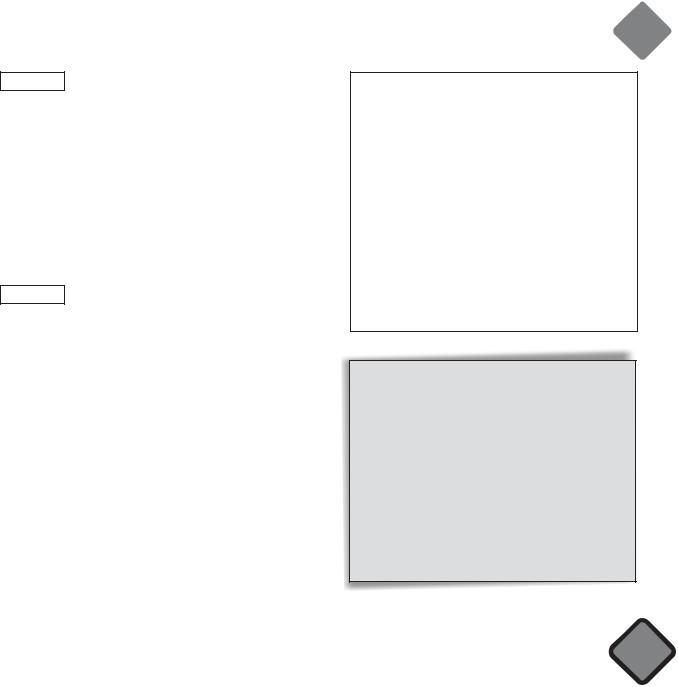
5Focus Discussing issues
Ask a S to read out the first question. Elicit ideas from around the class. Stimulate discussion and encourage Ss to express their views on the topic while recycling vocabulary from the text. Spend a few minutes discussing each issue before moving on to the next question. Proceed with other questions in the same way.
(Ss’ own answers)
Writing
6Focus Writing a short essay
ñGo through the rubric with Ss and elicit key words (children, work, in your country, 19th century,
key need 4 to the time put
ñSs work task in
provided class.
Extensive Reading |
3 |
|
|
Suggested Answer Key
In America, in the 1900’s, many children work to get money for their families. families came to America from Europe were very poor.
Children often stayed at home to do such as making flowers, sewing and clothes. The conditions of the homes terrible and the children often got sick. In day, they only earned 50 cents for their and this was not enough to buy what needed. The children were not able to write and in many cases never learned to English. Life was sometimes cruel and
Synergy
ñAllow Ss one minute to think of ten they have learnt in today’s lesson. Ask use them to make their own sentences.
ñWhen Ss have finished ask them to get and go around the class to find a who has something in common with e.g. same hair/eye colour, same same taste in music.
ñAsk Ss to discuss what they have the lesson with their partner.
Progress Check 3
Progress Check 3 and Look at Module 4 should be done in one lesson.
Answer Key |
|
|
|
|
||
1 |
1 |
patient |
3 |
sociable |
5 |
determined |
|
2 |
fit |
4 |
creative |
6 |
imaginative |
2 |
1 |
bald |
3 |
middle-aged |
|
|
|
2 |
freckles |
4 |
tall |
|
|
3 |
1 |
up |
3 |
with |
5 |
away |
|
2 |
back |
4 |
for |
6 |
of |
41 a kind young German student
2 an imaginative elderly Russian woman
3 a short plump British teenager
4 a tall skinny American basketball player
5 |
1 |
who |
2 whose 3 when |
4 where |
|
6 |
1 |
scary |
3 |
disappointed |
|
|
2 |
tired |
4 |
boring |
|
71 A What does your dad do?
2 B Not a lot really.
3 A What does Lucy look like?
4 B I’m glad you enjoyed it.
51

Module 4
Before you start …
Ask Ss to take a quick look at Module 3. Ask Ss what they look like. Elicit adjectives seen in previous module. Ask Ss to describe their favourite person. Stimulate discussion about their favourite people.
Look at Module 4
ñAsk Ss to look at the title of the module, In the news, and elicit/explain the meaning (news stories/reports about what’s happening in the world).
ñRefer Ss to the titles of the units on pp. 35-40 and to the various pictures and ask them how they are related to news stories (p. 36 stories that are in the news; p. 38 did you hear the news; p. 40 reports about recent events).
ñUse pictures 1-3 to stimulate a discussion and to prompt interest in the module as a warm-up activity. Ask questions to begin a discussion about topics that will be covered in the module, adjusting your questions according to Ss’ responses. This helps Ss feel they have control over their learning.
Suggested Answer Key
Focus Ss’ attention on pic 1 (p. 38).
T: What page is picture 1 from?
S1: It’s from page 38.
T: What else can you see on page 38?
S2: Newspaper headlines and a dialogue.
T:How do you think the picture is related to the unit?
S3: Maybe there’s a story in the news about a turtle etc.
Pic 2 (p. 37)
What can you see in the picture?
What else can you see on the page? How are the pictures related? What do you think the text might be about?
Pic 3 (p. 41)
What kind of magazine is shown in the picture? What else can you see on page 41? How do you think the pictures are related?
Find the page number(s) for
If necessary, elicit/explain each item. Allow Ss time to find the page numbers for each item and check Ss’ answers. As appropriate, elicit/explain how each item is used and where Ss would usually expect to find them.
Answer Key
newspaper headlines (p. 38)
What kind of newspapers do you read? What type of information can we find in a newspaper headline?
a news article (p. 40 )
Where do we find news articles? What kind of information do news articles give?
an interview (p. 38)
Who is doing the interview? Why do we have interviews like this one?
teenage magazines (p. 41)
What kind of things can we find in teenage magazines? What kind of magazines do you think these are? What kind of magazines do you read?
Listen, read and talk about …/Learn how to …/ Practise …/Write/Make
As described in the relevant section in Module 1.
52
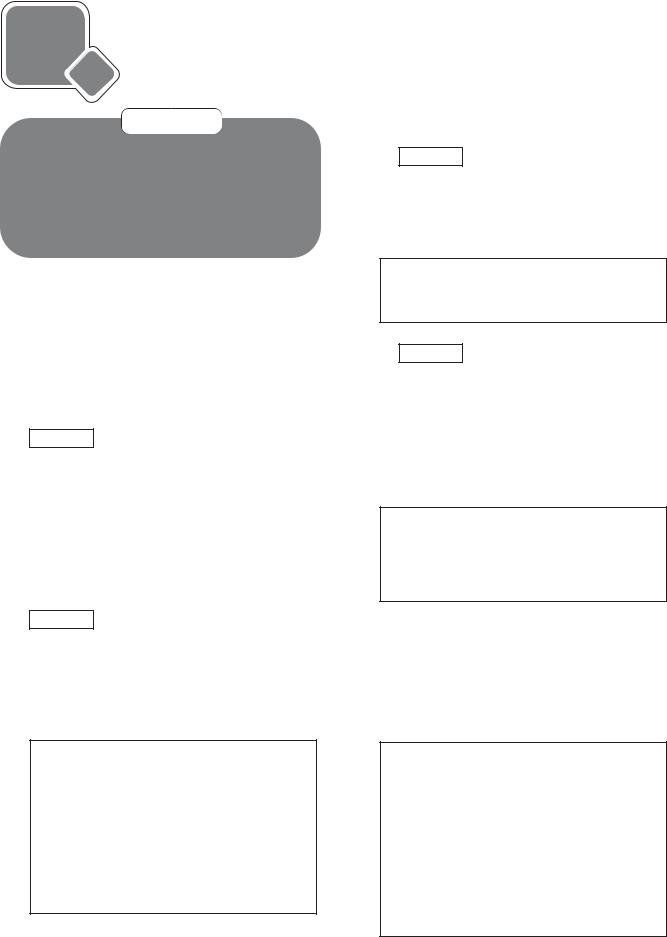
4 a News stories
Objectives
Vocabulary: related to types of media
Reading & Listening: news reports
Speaking: understanding and relating to news headlines
Grammar: past continuous Writing: a news report
Introduction
Ask Ss to look at the title, News stories, and the pictures. Elicit/Explain the meaning of the title (stories that are in the news). Ask them what they think the unit will be about. Encourage Ss to predict what vocabulary they will see in the unit.
Vocabulary
1Focus Building vocabulary related to types
of media
Draw Ss’ attention to the pictures 1-5 on pp. 36-37. Tell Ss that these pictures show what these people were doing yesterday at 6 o’clock. Ask them to say what the people were doing and which type of media they were using. Elicit vocabulary related to types of media (T.V., newspaper, etc.), and write them on the board.
2Focus Building vocabulary
Ask Ss to look at the list of words and to say which type of media provides them. Go through the words with the class checking Ss’ understanding. Allow Ss time to look at the words again and ask individual Ss to tell the class about their ideas.
Suggested Answer Key
TV: local/national/international news, interviews, weather reports, documentaries, music, chat shows, advertisements
Newspapers and magazines: interesting articles, TV guides, cartoon strips, horoscopes, fashion and beauty advice, gossip
Radio: news, weather reports, interviews, music
Reading & Listening
3 a) Focus Predicting the content of a text
Focus Ss’ attention on the layout and titles of the texts A-D. Elicit answers to the question in the rubric. Ask Ss to justify their answers. Check Ss’ answers.
Suggested Answer Key
We would see A on a web site, B and C in a newspaper, D on a mobile phone.
b)Focus Listening for specific information
ñGo through the topics and elicit/explain any unknown words. Ask Ss to say what kind of vocabulary they would expect to read in each text, based on the topic. Ask Ss to listen to and/or read the texts and to say what each text is about. Allow Ss time to complete the task. Ss compare answers. Check answers.
Answer Key
A ― an unwanted visitor
B ― a beast and a brave man
C ― a brave pet
D ― an amazing success
ñAsk Ss to explain the words in bold without the use of a dictionary, i.e. they can use synonyms, paraphrase etc. Elicit/Explain the meanings and write them on the board. Ss should copy the words into the vocabulary section of their notebooks.
Answer Key
nursery rhyme (n): child’s poem porridge (n): hot cereal Eventually (adv): Finally
ran off (phr v): left quickly bravely (adv): without fear beast (n): a wild animal safety (n): a place that is safe recovering (v): getting better
broke a record (exp): did something better than it had ever been done
53
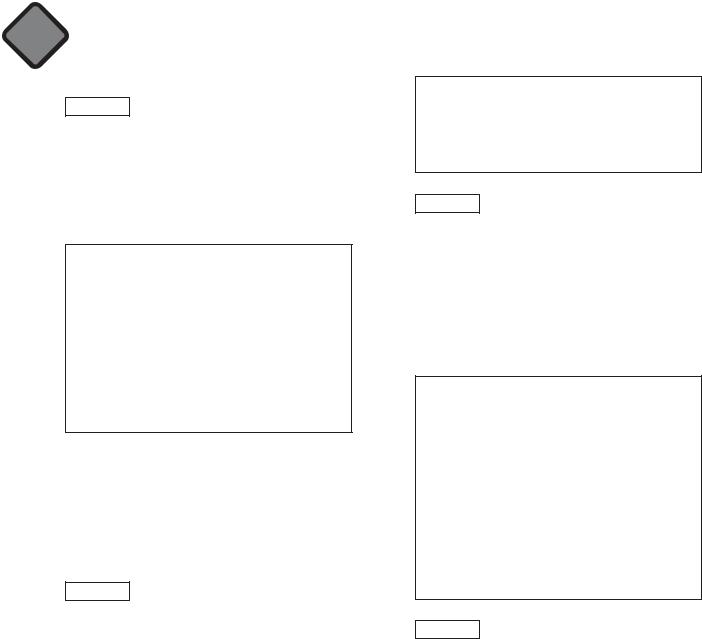
4a News stories
Using notes to give a talk
Write the four headings on the board and ask Ss to do the same in their copybooks. Tell them to look back at the texts and to make notes under the headings. Allow Ss time to perform the task. Ss compare notes with a partner. Select Ss to tell the class what the news items are about using their notes.
Suggested Answer Key
Notes
Who: a dog named Buddy
When: yesterday
Where: in a river
What: dog saved boy’s life
Talk
A dog named Buddy saved an 8-year-old boy’s life when it pulled him from a river.
Grammar
Go through the Study Skills box with Ss. Check understanding. Ask Ss to think of English grammar structures they are familiar with and to compare them with the equivalent grammar structure in their L1. Elicit examples from Ss.
5Focus Reviewing past continuous
ñWork with books closed. Write the following sentence on the board: He was watching TV at 6.00 yesterday afternoon.
ñElicit/Explain that the sentence includes an example of an action that was taking place/in progress at a specific time in the past when another action interrupted it and that the emphasis is on the action in progress. Ask Ss to open their books and to look at their Grammar Reference Section. Ss read the rule concerning the past continuous. Explain the use of the time expressions. Check Ss’ understanding.
ñAllow Ss time to read the texts again and to find examples of the past continuous. Allow Ss time to compare their answers. Write the verb forms on the board and ask Ss to justify their reasons. Discuss answers.
Answer Key
Text A: was eating
Text B: were hiding
Text C: was recovering
Text D: was playing
6Focus Talking about past actions
Ss work in pairs. Read the rubric and explain the task. Ask Ss to read the example quietly and then get a pair to act out the exchange aloud. Go through the prompts with the class eliciting/ explaining any unknown words. Allow Ss time to prepare and then have pairs ask and answer questions for the class. Correct any mistakes and pronunciation.
Answer Key
2A: Was John reading a magazine at 6 o’clock?
B:No, he wasn’t. He was sending a text message.
3A: Was Sue sending text messages on her mobile at 6 o’clock?
B:No, she was watching TV.
4A: Was Tony sending e-mails at 6 o’clock?
B:No, he was reading a newspaper.
5A: Was Mary watching TV at 6 o’clock?
B:No, she wasn’t. She was reading magazines.
7Focus Personalising past actions
Ss work in pairs. Read the rubric and explain the task. Ss ask and answer questions about what they were doing last Saturday at the times given. Go around the class monitoring Ss’ performance and helping where necessary. When Ss have finished, ask pairs to act out their dialogues for the class. Correct any mistakes.
(Ss’ own answers)
54
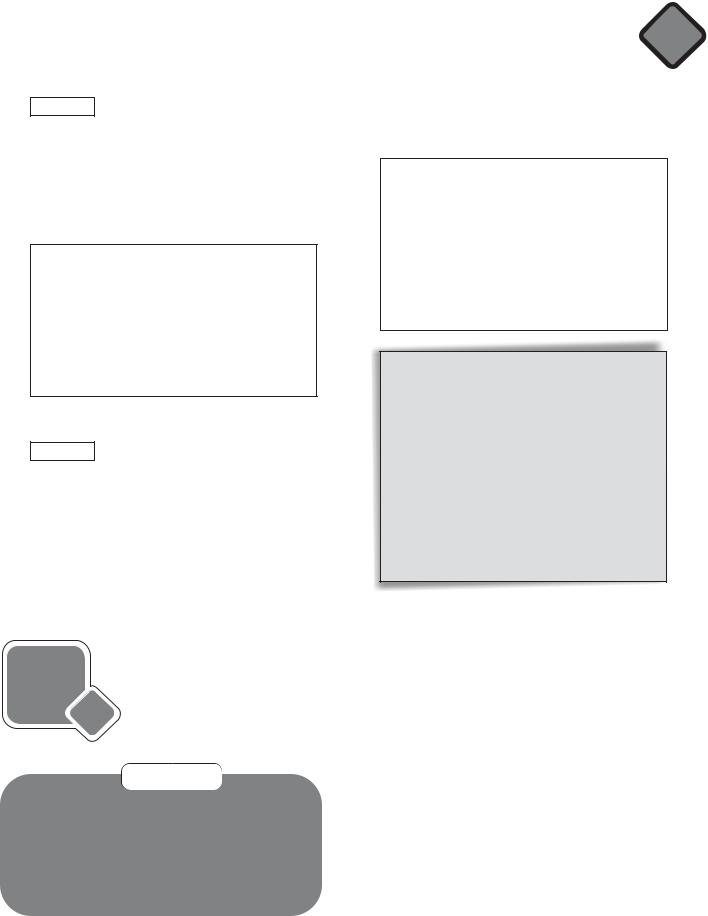
Game
Focus Guessing game
Ss work in groups. Read the rubric and explain the task. Have each group choose a leader. The leader starts by saying where he/she was last Sunday. The other team asks questions to find out what they were doing. When the other team guesses correctly they get their turn. Set a time limit for the game.
Suggested Answer Key
Leader 1: |
Last Sunday I was at the park. |
Team A S1: |
Were you having a picnic? |
Leader 1: |
No. |
Team A S2: |
Were you playing football? |
Leader 1: |
No. |
Team A S3: |
Were you cycling? |
Leader 1: |
Yes. etc |
Writing
8Focus A news story
Ss work in groups. Go through the rubric with Ss and elicit key words (news story, sth important happened, your area, last week). Refer Ss back to the news items in Ex. 3 and tell them they can use them as a model. Brainstorm ideas and write them on the board. Allow Ss time to complete the task in class. Go around the class monitoring Ss’ work and helping with any difficulties. Ask groups to present
News stories 4a
their news story to the class. Check Ss’ give feedback. Alternatively, you can
task for HW provided you have gone through it orally in class.
Suggested Answer Key
Last Sunday, the local football team went to the capital to play in the final and won. The people of the town organised a big party to welcome them home and to celebrate the victory. When the team arrived home there were crowds of people waiting for them and then everybody went to the party in the football club. The whole town celebrated.
Synergy
ñAllow Ss one minute to think of ten words and the grammar structures they have learnt in today’s lesson. Ask Ss to use them to make their own sentences.
ñWhen Ss have finished ask them to get up and go around the class to find a partner who has something in common with them e.g. same hair/eye colour, same clothes, same taste in music, etc.
ñAsk Ss to discuss what they have learnt in the lesson with their partner.
4 b Did you hear about ...?
Objectives
Vocabulary: adjectives of emotion
Reading & Listening: an interview
Speaking: an interview
Grammar: past simple vs past continuous Everyday English: giving and reacting to news Writing: a newspaper front page
Introduction
Draw Ss’ attention to the title, Did you hear about…?, and ask them what they think it means (a question asking if you heard the news about something). Ask Ss if they read/watch/listen to the news. Encourage Ss to predict what vocabulary they will see in the unit.
55
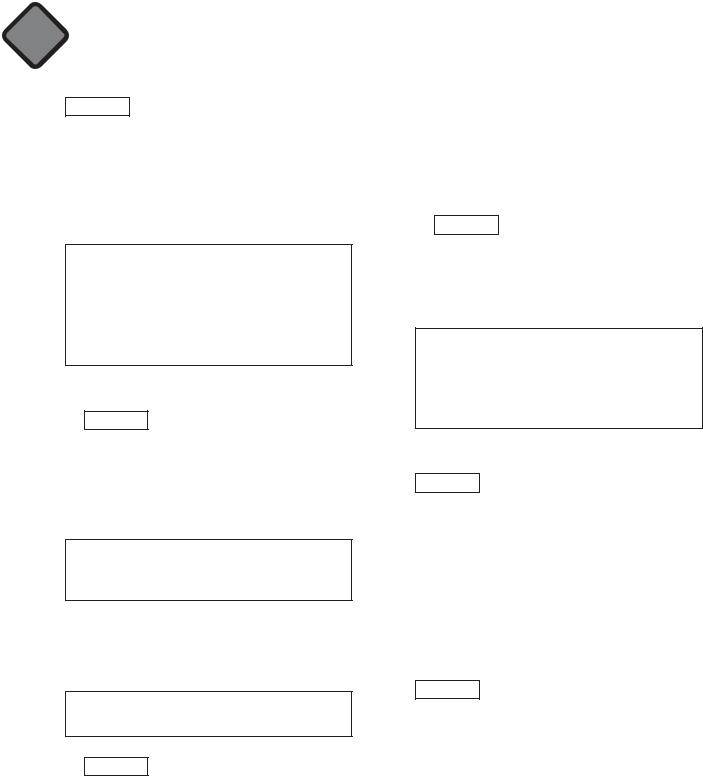
4b Did you hear about ...?
Using adjectives of emotion
Draw Ss’ attention to the headlines. Ask a S to read out the example. Ask them to use the adjectives to say how the headlines make them feel. Elicit answers from the class insisting on usage of the adjectives, and stimulate discussion about Ss’ answers.
Suggested Answer Key
I feel happy that the younger generation takes care of the environment.
I feel curious when I see the headline about the turtle.
I feel worried about school on Saturdays. etc
Reading & Listening
2 a) Focus Reading for gist
ñAsk Ss to read the first exchange in the dialogue and to say what they think it might be about. Elicit answers from around the class.
ñPlay the recording. Ss listen, read and check.
Answer Key
It is about a taxi driver who was driving home when a turtle fell on his car.
ñAsk Ss to look at the headlines again and to say which headline they think goes with the interview.
Answer Key
Flying turtle ‘stops’ taxi
b) Focus Reading for specific information
Read the rubric and explain the task. Allow time for Ss to complete the task and to compare answers with their partner. Check answers.
Answer Key |
|
|
|
1 |
4 o’clock |
5 |
fell |
2 |
Mr Shiao |
6 |
was damaged |
3 |
fell |
7 |
shocked |
4 |
crawling on the |
|
|
|
balcony |
|
|
|
|
|
|
c) Focus Relating events
Ask Ss to use the notes to tell their partner what happened. Allow Ss time to prepare. When Ss have finished, select pairs to tell the class what happened.
Suggested Answer Key
At 4 o’clock in the afternoon a taxi driver was driving home when a turtle fell off a balcony and landed on his car. The turtle was not hurt, but the car was damaged.
Speaking
3Focus Role playing an interview
Ss work in pairs. Read the rubric and explain the task. Go through the outline on the board. Ss choose a headline. S1 prepares questions, and S2 prepares answers. Allow Ss time to prepare their interview. Go around the class monitoring Ss’ work and helping/correcting where necessary. Ask a few pairs to act out their interview for the class. Correct mistakes when necessary.
(Ss’ own answers)
4Focus Practising phrasal verbs (go)
Read the rubric and explain the task. Explain the meaning of the phrasal verbs. Ss use their dictionaries to look up the phrasal verbs. Allow Ss time to complete the task. Ss compare answers. Check answers and write them on the board.
Answer Key |
|
|
|
1 |
goes … with |
3 |
Go on |
2 |
went off |
4 |
go off |
|
|
|
|
56

Grammar
5 a) Focus Reviewing past simple vs past
continuous
ñWork with books closed. Elicit examples of the past simple and past continuous (happened, flew, hit, stopped, was driving, was lying, were running, etc.) from Ss and ask a S to explain the difference. Ask Ss to open their books and to look at their
Grammar Reference Section. Ss read the rules concerning the past simple and past continuous.
ñRead the rubric and explain the task. Allow time for Ss to complete the task and to compare their answers. Check answers and clarify misunderstandings.
|
Answer Key |
|
|
||
|
1 |
b |
2 d |
3 a |
4 c |
|
|
|
|
||
|
|
|
|
Practising past simple and past |
|
b) |
Focus |
||||
|
|
continuous |
|
|
|
Ask Ss to look back at the interview and to find examples of past simple and past continuous. Ss compare answers. Check answers.
Answer Key
a was lying, were running b was crawling, fell
c was driving
dflew down and hit
c)Read the rubric and explain the task. Allow Ss time to complete the task and compare answers. Check answers.
Answer Key
1 was driving … fell … hit
2 was flying … was eating
3 flew
4 called
Did you hear about ...? 4b
Everyday English
6Focus Giving and reacting to news
ñFocus Ss’ attention on the phrases in the box. Read through the phrases with Ss and explain their use. Check Ss’ understanding. Read the rubric and explain the task. Go through the example with the class.
ñIn pairs, Ss discuss the headlines using the language in the box. Go around the class monitoring Ss’ work and helping with any difficulties. Ask several pairs to act out their dialogues for the class. Give feedback.
Suggested Answer Key
A:Did you hear about the Hollywood actress who visited some kids in a hospital?
B:Really?
A:Well, she said that she felt very bad about the kids and wanted to do something to cheer them up.
B:That’s great.
Writing
7Focus A newspaper front page
ñGo through the Study Skills box with Ss and explain how to write headlines. Explain to Ss that a headline is a short summary of what the story is about. Tell Ss that we use the present simple for recent events and the to-infinitive for future events. Write examples on the board. Explain that we often use abbreviations and we omit punctuation. Check Ss’ understanding.
ñSs work in groups. Go through the rubric with Ss and elicit key words (front page, school newspaper, headlines, present simple, pictures). Refer Ss back to the news items in Ex. 1 and tell them they can use them as a model. Brainstorm ideas and write them on the board. Allow Ss time to complete the task in class. Go around the classroom monitoring Ss’ work and helping with any difficulties. Ask groups to present their front page to the class. Check Ss’ work and give feedback. Alternatively, you can assign the task for HW provided you have gone through it orally in class.
(Ss’ own answers)
57
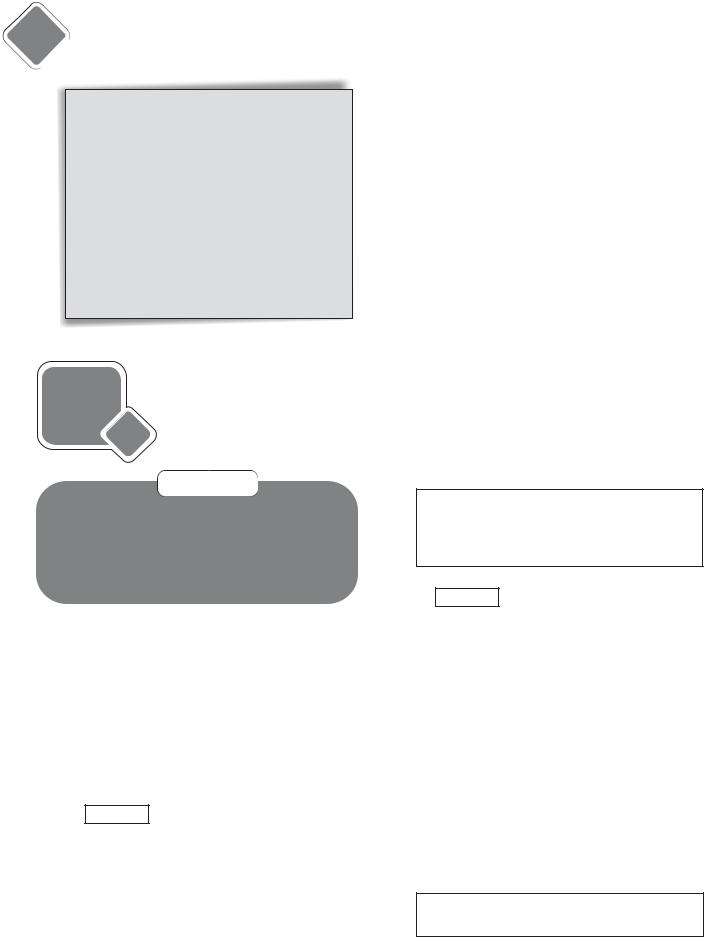
4b Did you hear about...?
Synergy
ñAllow Ss one minute to think of six phrases and the grammar structures they have learnt in today’s lesson. Ask Ss to use them to make their own sentences.
ñWhen Ss have finished ask them to get up and go around the class to find a partner who has something in common with them e.g. same hair/eye colour, same clothes, same taste in music, etc.
ñAsk Ss to discuss what they have learnt in the lesson with their partner.
Draw them what
1
Draw Ss’ attention to the pictures. Ask Ss to say what they think the news article is about. Elicit ideas from around the class and stimulate discussion. Play recording. Ss listen and check.
Answer Key
The news article is about students who created an environmental group called Nature Madness and organised recycling and clean up days.
b) Focus Matching paragraphs
Read out topics and explain any unknown words. Ask Ss to read the article and match the topic headings to the paragraphs. Allow Ss time to complete the task. Ss compare answers. Check answers.
|
Answer Key |
|
|
||
|
1 |
summary of the |
2 |
the facts in detail |
|
|
|
event |
3 |
comments |
|
|
|
|
|
||
|
|
|
Choosing a headline |
||
2 a) |
Focus |
||||
Go through the headlines with Ss and elicit/ explain any unknown words. Ss read through the article again and choose a suitable headline for it. Ss compare answers. Check answers.
Answer Key
Mayor honours teens for green work
58

b) Focus Discussing impressions/building
vocabulary
ñIn pairs, Ss discuss what impressed them about the teenagers’ actions. Go around the class monitoring Ss’ discussion and helping with any difficulties. When Ss have finished stimulate discussion based on Ss’ ideas.
(Ss’ own answers)
ñAsk Ss to explain the meaning of the words in bold without the use of a dictionary, i.e. they can use synonyms, paraphrase etc. Elicit/Explain the meanings and write them on the board. Ss should copy the words into the vocabulary section of their notebooks.
Answer Key
came up with (phr v): got an idea award (n): prize
members (n): people who are part of a club or a team
word soon got around (exp): people heard about it quickly afterwards
asking for (exp): request
took part (phr v): did sth in a group
pollution (n): anything that makes the earth dirty
conservation (n): the act of keeping things in good condition
stray (adj): without a home mayor (n): the leader of a town ceremony (n): a formal event
proud (adv): happy about sth you did or what someone did
grown up (adj): adult
Listening
3 a) Focus Listening for specific information
Read the rubric. Ask a S to explain the task to the class. Go through the choices and elicit any vocabulary Ss know that might be related to them. Write the words on the board. Play the recording (twice if necessary). Ss listen and complete the task. Check Ss’ answers.
Take action! 4c
Answer Key |
|
|
|
1 |
football finals |
3 |
a fashion show |
2 |
pop concert |
4 |
demonstration |
|
|
|
|
b)Focus Making notes
ñRead through the headings and explain any unknown words. Tell Ss to make notes under the headings as they listen. Play the recording (twice if necessary.) Ss compare answers. Check answers.
Suggested Answer Key
Report 1
People ― fans
Place ― all over the country
Highlights ― Rovers beat the Reds
Atmosphere ― happy/exciting etc
ñAsk individual Ss to give a short summary of one of the reports.
(Ss’ own answers)
Speaking
4Focus Presenting a news report
Ss work in groups. Ask each group to choose one of the events they have just heard about and to play the role of presenter, reporter, or participant in the event and to act out a dialogue/interview. Allow Ss time to prepare. Go around the classroom monitoring Ss’ work and helping with any difficulties. When Ss have finished ask them to act out the interview for the class.
Suggested Answer Key
S1 (presenter): … and now we’re going live to the streets where our reporter is interviewing one of the demonstrators.
S2 (reporter): What are you demonstrating about?
S3 (participant): Well, it’s time for the government to keep its promises and give us the money we deserve.
59
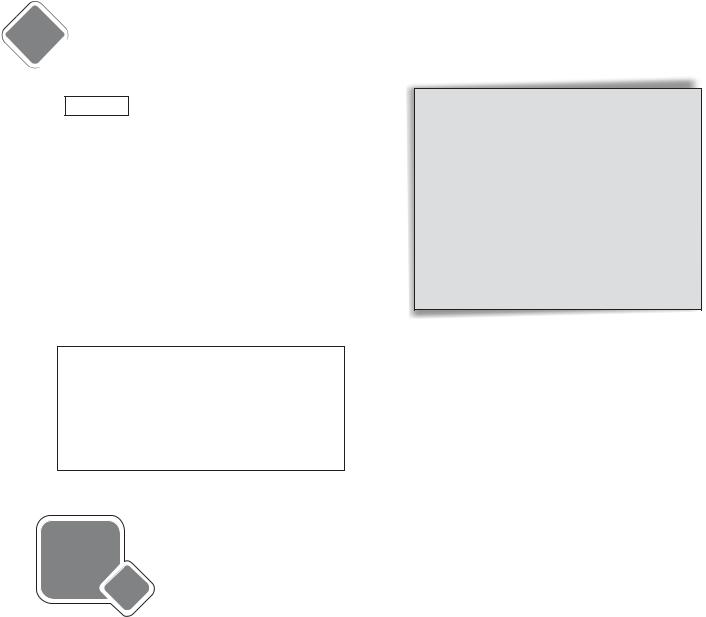
4c Take action!
Writing
5Focus A news article
Ss work in groups. Go through elicit key words (week’s local news, report). Refer Ss back Ex. 1 and tell them they can Provide Ss with local newspapers week. Allow Ss some time to class. Go around the class helping with any difficulties. feedback. As an extension present their news report to
you can assign the task for gone through it orally in class.
Suggested Answer Key
Happyville’s mayor celebrates wedding.
John Myers, Happyville’s mayor, celebrated his wedding Friday in the Royal Hotel with friends and family. He and his wife then flew to Miami on Saturday for a two-week honeymoon.
Synergy
ñAllow Ss one minute to think of ten words they have learnt in today’s lesson. Ask Ss to use them to make their own sentences.
ñWhen Ss have finished ask them to get up and go around the class to find a partner who has something in common with them e.g. same hair/eye colour, same clothes, same taste in music, etc.
ñAsk Ss to discuss what they have learnt in the lesson with their partner.
|
d |
Culture Corner |
|
|
|
|
|
|
|
|
||
Vocabulary |
|
|
2 |
|
Matching titles to categories |
|||||||
|
|
Focus |
||||||||||
1 |
|
Stimulating interest in the text |
|
|||||||||
Focus |
ñ Read the rubric and explain the task. Go |
|||||||||||
Draw Ss’ attention to the covers of the magazines |
|
through the feature titles and the categories |
||||||||||
and ask them who they think the magazines are |
|
with Ss, eliciting/explaining any difficult words. |
||||||||||
meant for and what they have inside. Elicit ideas |
|
Allow Ss time to complete the task in pairs. Go |
||||||||||
from the class and stimulate a discussion. |
|
around the classroom monitoring Ss’ work and |
||||||||||
|
|
|
|
|
|
helping if necessary. Check Ss’ answers as a |
||||||
|
|
|
|
|
|
class. |
|
|
|
|
|
|
|
Suggested Answer Key |
|
|
|
|
|
|
|
|
|||
|
|
ñ Ask Ss to think of other titles and discuss. |
||||||||||
|
‘Shoot’ is for teenagers who like sport and |
|
||||||||||
|
|
|
|
|
|
|
|
|
|
|||
|
especially football. It probably has articles |
|
|
|
|
|
|
|
|
|
||
|
|
|
|
|
|
|
|
|||||
|
about football matches and footballers. |
|
|
Answer Key |
|
|
|
|
|
|||
|
‘Cosmo’ is for teenage girls. It probably has |
|
|
1 d |
3 |
c |
5 |
a |
7 g |
|
||
|
articles about fashion and beauty as well as |
|
|
2b |
4 |
e |
6 |
f |
|
|
||
|
gossip about stars. It also has problem pages |
|
|
|
|
|
|
|
|
|
||
|
and horoscopes. |
|
|
|
|
|
|
|
|
|
||
|
|
|
|
|
|
|
|
|
|
|
|
|
60
